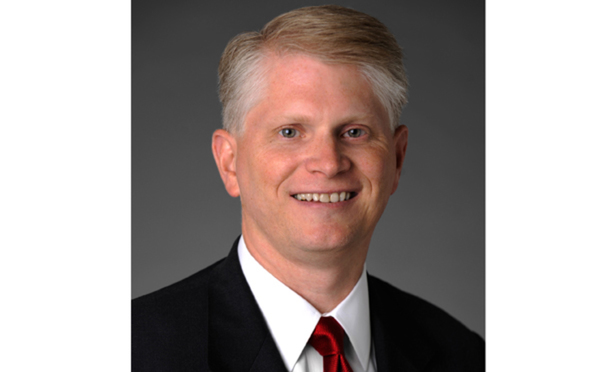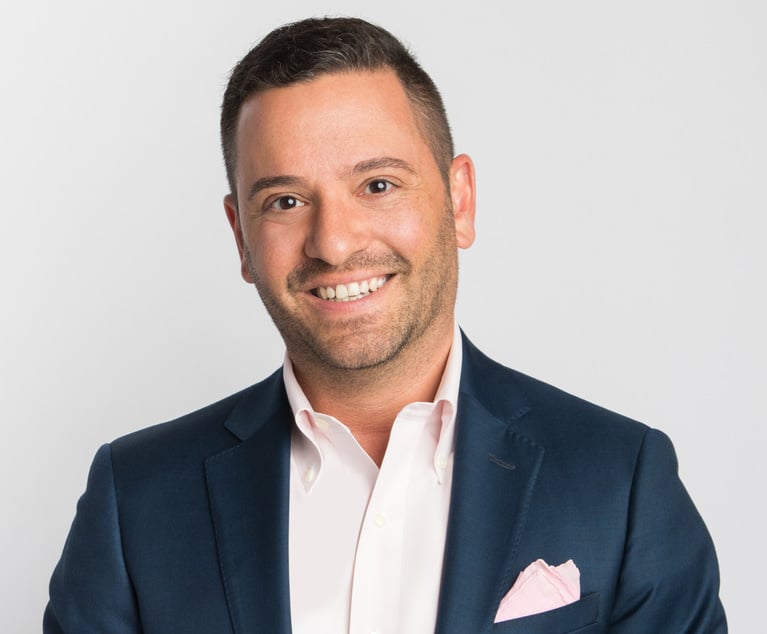The Fifth Amendment to the U.S. Constitution guarantees that no person “shall be compelled in any criminal case to be a witness against himself.” Courts have interpreted that protection to include a prohibition on drawing any adverse inference against a person who refuses to testify in a criminal case based on Fifth Amendment rights. Civil proceedings, however, are a different story—an adverse inference is generally permissible against a civil defendant who invokes the privilege against self-incrimination. But neither counsel nor client has any control over whether another witness or co-defendant invokes the privilege against self-incrimination, and surprising results can occur when they do.
Practitioners should be aware of the risk that courts will permit an adverse inference against their client in a civil case based on another person’s invocation of their right not to testify, even when the client has not invoked. Several federal appellate courts have permitted adverse inferences to be used in this manner, including against employer entities when non-party ex-employees invoke the privilege. Counsel should be prepared to challenge such evidence on several grounds, including arguing that the generally-accepted test for application of the adverse inference has not been met, that the evidence constitutes inadmissible hearsay, and that the evidence is more prejudicial than probative and therefore inadmissible under Federal Rule of Evidence 403.


 William F. Johnson
William F. Johnson




